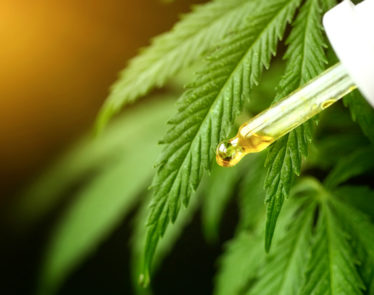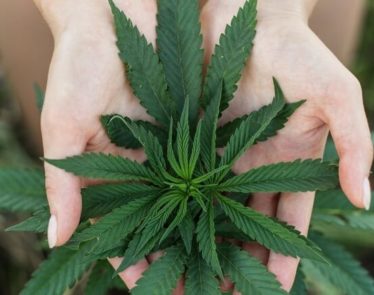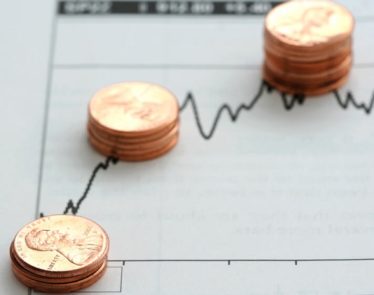
New FDA developments cloud the future of the hemp-based CBD market.
It seems there are reasons to be both bullish and bearish about the near-term prospects of hemp-based CBD products. In January, cannabis producer Tilray Inc. (NASDAQ:TLRY) made waves after announcing plans to acquire Manitoba Harvest from Compass Group Diversified Holdings for $419 million in cash and shares. According to the Nanaimo-based grower, Manitoba Harvest is “the world’s largest hemp food manufacturer.” This acquisition is just the latest in the rush to get into the hemp space from the major growers, and Tilray in particular plans to accelerate its expansion into the US and Canadian CBD markets.
Canopy Growth Corp. (TSE:WEED) is also looking to capitalize on the potential of the CBD market with an announcement that it would invest up to $500-million in hemp production in Canada. The company also plans to develop its own New York hemp facility with up to $150-million in investments. Even Martha Stewart announced last week that she would help develop hemp-based CBD products with Canopy.
So what has peaked the big company interest in the CBD market? It seems to have been triggered by several developments in North America. In Canada, licensed producers have been faulted for focusing too much on THC cannabis products and failing to anticipate the huge demand for CBD. Mexico also recently approved the import and sale of cannabis products in pharmacies and by retailers, and has granted distribution licences to seven hemp companies. Finally, in the United States, the Farm Bill passed by Congress late in 2018 effectively made hemp-derived CBD products legal, although still subject to regulation from the Food and Drug Administration (FDA).
That’s where the good news stops though. Many growers have to tread carefully, as regulatory enforcement of CBD products is still a legal gray area in states that have not legalized recreational marijuana. Local regulators, who in general dislike grey areas, have begun to snap back. In January, the LA Department of Health said it would dock points for restaurants found to use CBD in their food and drink, starting July. The State of Maine then banned CBD-infused edible products, stating that it was not a federally approved food additive. But the biggest blow came in February, when the New York City Department of Health put the hammer down on CBD-dosed prepared food items, including coffee, cookies, ice cream or restaurant meals. While New York governor Andrew Cuomo is moving to legalize recreational marijuana in 2019, this is still as a significant setback for CBD consumption, as New York City has essentially become ground zero for the CBD craze on the East Coast. This ban will remain in place “until cannabidiol … is deemed safe as a food additive,” stated a NYC Department of Health spokesperson.
The greatest uncertainty of all has come from the FDA, which regulates hemp-based CBD products, and still prohibits companies and restaurants from adding the substance to food or drinks. However, just last week, FDA Commissioner Scott Gottlieb announced plans to step down in a month. This surprise resignation follows a recent FDA announcement that it would finally be writing down regulations on hemp-derived CBD, with public hearings scheduled for April.
Many in the industry were hoping for more regulatory clarity on hemp-based CBD products after these hearings, and Gottlieb’s resignation sent shock waves across the pot stock market with stocks such as Aurora Cannabis Inc. (TSE:ACB) taking a hit. ACB stock was knocked heavily on the day of his announcement. Analysts are now predicting that the April hearings may be delayed, and this has therefore put the future of the CBD market in a state of uncertainty; until Gottlieb’s replacement is found at least. Investors as a whole are still unfazed, however, but it does mean that the long road to full legal acceptance of hemp-based CBD in the United States has become even more bumpy and that the CBD market could be a lot murkier than we all once thought it was destined to be.
Featured Image: DepositPhotos © Makaule













